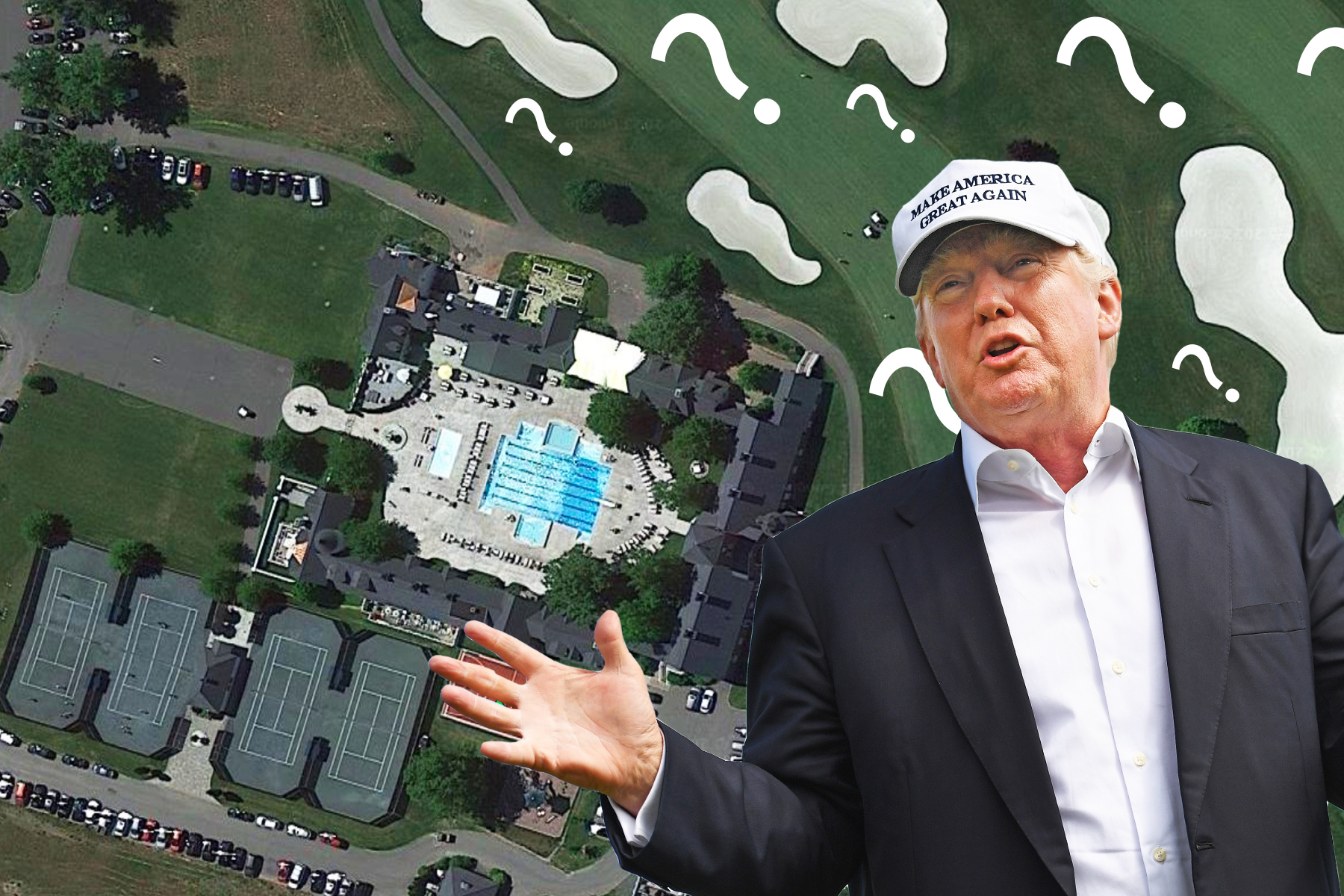Sixties Fan
Diamond Member
- Mar 6, 2017
- 73,226
- 12,704
- 2,290
- Thread starter
- #1,701
Part 3
Much as the agency’s discretion in deciding which cases to charge is informed by its prior treatment of similar cases, DOJ also looks to prior cases when it comes to proposing sentences. The decision about the length of a sentence is up to the court following a trial, as in the Ford case. But a guilty plea is an agreement between the government and the defendant, and there, the choice of sentence, which judges can but don’t often depart significantly from, is largely in DOJ’s hands. So examining cases where high-level government officials were involved is instructive.
In 2001, former CIA Director John Deutch entered into a plea agreement with the government pursuant to an information. Although most cases are indicted before a grand jury, when a defendant has reached an agreement with the government before he is charged and is willing to waive the grand jury process, the government typically charges that defendant via a document called an information that bears the relevant U.S. Attorney’s signature. After Deutch left the CIA, agents discovered he had been using his home computers, which were not configured to handle sensitive material, to store highly classified information. Deutch pled guilty to a misdemeanor and was charged with unauthorized removal and retention of 96 classified documents. In exchange for his plea, the government recommended that Deutch serve no time in prison.
In 2012, another CIA director, David Petraeus resigned and pled guilty to retaining classified documents at his residence and permitting a woman he was having an affair with to use them in connection with research she was conducting to write his biography. Petraeus lied to the FBI when they questioned him about it. The information she accessed included identities of covert officers, war strategy, intelligence capabilities, and more. He was permitted to plead guilty, like Deutch, to one count of retaining materials and was sentenced to probation.
Those sentences sound outrageous at first glance, particularly in comparison with Ford’s. Certainly, they didn’t make anyone at DOJ happy. But they recognize the practical reality that going to trial to obtain a custodial sentence in either case would have required the disclosure of highly sensitive, classified material in order to have the necessary evidence available to convict. The government wasn’t willing to tolerate the damage that would’ve done to national security. A former senior Justice Department official calledthe outcome of Petraeus’s case the “cleanest” possible outcome for both sides.
Former Attorney General Eric Holder declined to comment at the time he approve Petraeus’s plea deal. After leaving office, he was asked if it was unfair to let Petraeus plead to a misdemeanor while people in lower-ranking jobs were vigorously prosecuted for similar crimes. Holder responded: “There were factors that made the resolution of the case appropriate. There were some unique things that existed in that case that would have made the prosecution at the felony level and a conviction at the felony level very, very, very problematic.” It’s difficult to protect a former high-ranking official—and the national secrets they have knowledge of—inside a prison. The risk is great.
This prior precedent is why, Trump, if he were smart, would have already gotten himself in front of a judge to say the word “guilty.” It would likely have been to a misdemeanor. And Trump, being Trump, would have likely called a misdemeanor conviction with no sentence a witch hunt and used it to raise money. The course he is currently on is one that makes a felony indictment, a trial, and a sentence that involves some type of custody the likely outcome.
Some defendants don’t take anything seriously until they see an indictment in front of them. That piece of paper can change things. But Trump, already under indictment in Manhattan, may not view a second indictment any more soberly than he seems to have the first one. He’s built a career on outsmarting the system, at least in his own mind.
Trump would do well, nonetheless, to take to heart the Fourth Circuit’s words when they affirmed conviction, writing that his “actions exposed classified information to discovery by a person without a security clearance and created a potential for serious harm to our nation’s security.” That’s the standard, and Trump is in serious trouble, as he should be.
Admittedly juries are fraught—anything can happen with the dual requirements of proof beyond a reasonable doubt and a unanimous jury verdict. Still, the smart move, or at least the best one for someone in Trump’s position with any survival instincts, would be to try to strike a misdemeanor plea deal. His attorneys, some of whom spent time at DOJ, undoubtedly know this and have advised him accordingly. But Trump hasn’t done that, at least not so far, and no one seems to really expect it.

 joycevance.substack.com
joycevance.substack.com
Much as the agency’s discretion in deciding which cases to charge is informed by its prior treatment of similar cases, DOJ also looks to prior cases when it comes to proposing sentences. The decision about the length of a sentence is up to the court following a trial, as in the Ford case. But a guilty plea is an agreement between the government and the defendant, and there, the choice of sentence, which judges can but don’t often depart significantly from, is largely in DOJ’s hands. So examining cases where high-level government officials were involved is instructive.
In 2001, former CIA Director John Deutch entered into a plea agreement with the government pursuant to an information. Although most cases are indicted before a grand jury, when a defendant has reached an agreement with the government before he is charged and is willing to waive the grand jury process, the government typically charges that defendant via a document called an information that bears the relevant U.S. Attorney’s signature. After Deutch left the CIA, agents discovered he had been using his home computers, which were not configured to handle sensitive material, to store highly classified information. Deutch pled guilty to a misdemeanor and was charged with unauthorized removal and retention of 96 classified documents. In exchange for his plea, the government recommended that Deutch serve no time in prison.
In 2012, another CIA director, David Petraeus resigned and pled guilty to retaining classified documents at his residence and permitting a woman he was having an affair with to use them in connection with research she was conducting to write his biography. Petraeus lied to the FBI when they questioned him about it. The information she accessed included identities of covert officers, war strategy, intelligence capabilities, and more. He was permitted to plead guilty, like Deutch, to one count of retaining materials and was sentenced to probation.
Those sentences sound outrageous at first glance, particularly in comparison with Ford’s. Certainly, they didn’t make anyone at DOJ happy. But they recognize the practical reality that going to trial to obtain a custodial sentence in either case would have required the disclosure of highly sensitive, classified material in order to have the necessary evidence available to convict. The government wasn’t willing to tolerate the damage that would’ve done to national security. A former senior Justice Department official calledthe outcome of Petraeus’s case the “cleanest” possible outcome for both sides.
Former Attorney General Eric Holder declined to comment at the time he approve Petraeus’s plea deal. After leaving office, he was asked if it was unfair to let Petraeus plead to a misdemeanor while people in lower-ranking jobs were vigorously prosecuted for similar crimes. Holder responded: “There were factors that made the resolution of the case appropriate. There were some unique things that existed in that case that would have made the prosecution at the felony level and a conviction at the felony level very, very, very problematic.” It’s difficult to protect a former high-ranking official—and the national secrets they have knowledge of—inside a prison. The risk is great.
This prior precedent is why, Trump, if he were smart, would have already gotten himself in front of a judge to say the word “guilty.” It would likely have been to a misdemeanor. And Trump, being Trump, would have likely called a misdemeanor conviction with no sentence a witch hunt and used it to raise money. The course he is currently on is one that makes a felony indictment, a trial, and a sentence that involves some type of custody the likely outcome.
Some defendants don’t take anything seriously until they see an indictment in front of them. That piece of paper can change things. But Trump, already under indictment in Manhattan, may not view a second indictment any more soberly than he seems to have the first one. He’s built a career on outsmarting the system, at least in his own mind.
Trump would do well, nonetheless, to take to heart the Fourth Circuit’s words when they affirmed conviction, writing that his “actions exposed classified information to discovery by a person without a security clearance and created a potential for serious harm to our nation’s security.” That’s the standard, and Trump is in serious trouble, as he should be.
Admittedly juries are fraught—anything can happen with the dual requirements of proof beyond a reasonable doubt and a unanimous jury verdict. Still, the smart move, or at least the best one for someone in Trump’s position with any survival instincts, would be to try to strike a misdemeanor plea deal. His attorneys, some of whom spent time at DOJ, undoubtedly know this and have advised him accordingly. But Trump hasn’t done that, at least not so far, and no one seems to really expect it.

The Smart Move
If Donald Trump was anyone other than Donald Trump, he would have pled guilty by now to the charges that are inevitably coming from the Mar-a-Lago search. Of course, if he was smart, he would have comprehensively searched and returned everything in his possession the minute the National Archives...







